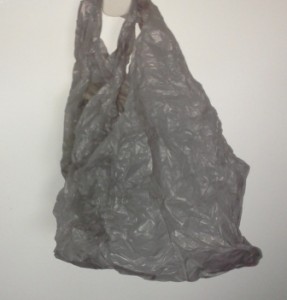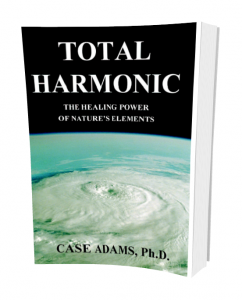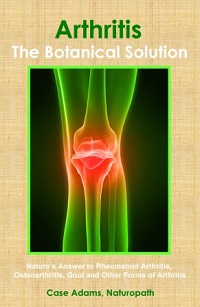California Bans Plastic Bags
In 2017, the State of California banned stores from handing out plastic bags to their customers. Why? To help save our oceans from plastic pollution.
In this article
Los Angeles was the tipping point
On May 23, 2012, the City Council of Los Angeles approved a historic measure that bans stores using consumer carry-out plastic bags within the next 16 months. The phase-out plan affected 7,500 stores in the Los Angeles area, and joined the cities of San Francisco, San Luis Obispo and San Jose, along with several counties in Hawaii and California. Fierce debate is also taking place in New York City regarding a potential ban.
Not surprisingly, plastic manufacturers have been lobbying aggressively to prevent such bans.
Plastic pollutes our waterways
Plastic bags have become a large component of the build up of plastics in our oceans and waterways. Research has established that plastic bags find their way into the oceans easily. Research led by Oceanographer Captain Charles Moore has established that a soup of plastic called the “Great Pacific Garbage Patch” has been expanding, and now stretches from 500 nautical miles off California across the Pacific to nearly Japan, and may contain some 100 million tons of plastic garbage. The “Garbage Patch” area is believed to be twice the size of the continental U.S. according to Captain Moore.
Dr. David Karl, a professor at the University of Hawaii has confirmed that Capt. Moore’s estimates are believable. Dr. Karl has investigated the Garbage Patch with Capt. Moore’s Algalita Institute, and has conducted similar studies.
Plastic biodegrades very slowly (some estimate multiple centuries), and as it does, it breaks down into smaller and smaller pieces, which can be swallowed by filtering fish such as whales and sharks, and filtering feeders like clams and oysters. The plastic will bioaccumulate through the food chain, building in toxicity with each generation.
Plastic contains toxins
Plastics are also the source of Bisphenol A and phthalates, which have been shown to produce hormone imbalances among humans among other toxic effects.
The new ruling by the LA City Council was passed by a 13 to 1 vote. The ban will take effect in four months, following an environmental study. Larger stores will then have six months to come under compliance, and smaller stores will have 12 months. The ban also calls for paper bags to require a charge of ten cents.
While plastic manufacturer groups have argued that the plastic ban will result in lost jobs, plastic ban advocates meet that argument with the costs local communities are burdened with in terms of the cleanup, disposal and recycling of plastic bags. Leading plastic ban advocate group Heal the Bay estimates these costs are seventeen cents per bag in L.A.
Adjusting and thriving
So far, the adjustment for California consumers has been seamless. Stores have now developed suppliers for plastic-looking bags that are completely biodegradable. These renewable plastic-looking bags serve the same purpose as the old plastic bags did. They are flexible and hold a lot of weight before breaking. They can also be plowed into the soil and will degrade into natural byproducts that are healthy for our planet. Now that is what smart looks like!
Next we can start working on polyester clothing, which also harms our oceans.



















